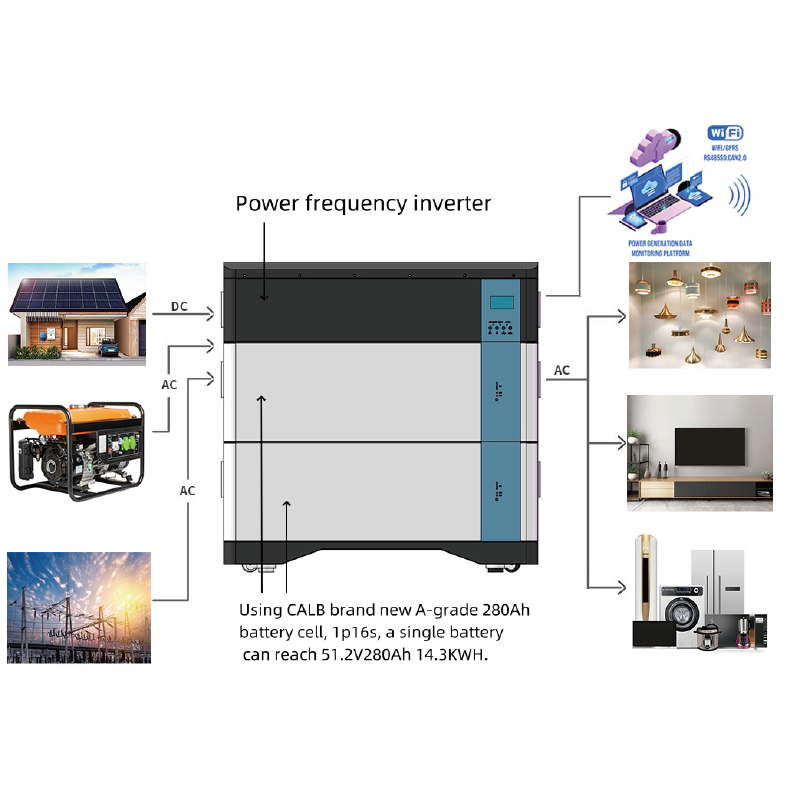In today's fast-paced business environment, the choice of a small commercial vehicle (SCV) can significantly impact operational efficiency, cost management, and overall productivity. With a plethora of options available, selecting the right vehicle tailored to your specific business needs is crucial. This article delves into the key considerations and top contenders in the small commercial vehicle market, providing a comprehensive guide to help you make an informed decision.
Understanding Your Business Needs
Before diving into the specifics of various models, it’s essential to assess your business requirements. Consider the following factors:
- Payload Capacity: Evaluate the weight and volume of goods you typically transport. This will help determine the necessary payload capacity of your vehicle.
- Fuel Efficiency: With rising fuel costs, selecting a vehicle that offers excellent fuel economy can lead to significant savings over time.
- Maneuverability: If your business involves navigating urban environments, a compact vehicle that can easily maneuver through tight spaces is advantageous.
- Cost of Ownership: Beyond the initial purchase price, consider maintenance costs, insurance, and depreciation rates.
- Technology and Features: Modern SCVs come equipped with various technologies that enhance safety, connectivity, and driver comfort. Assess which features are essential for your operations.
Top Contenders in the Small Commercial Vehicle Market
Based on the aforementioned criteria, here are some of the best small commercial vehicles currently available:
- Ford Transit Connect
The Ford Transit Connect is a versatile option that excels in urban settings. With a payload capacity of up to 1,500 pounds and a fuel-efficient engine, it strikes a balance between power and economy. Its compact size allows for easy maneuverability, while the spacious cargo area can be customized with shelving and racks, making it ideal for tradespeople and delivery services.
- Mercedes-Benz Metris
For businesses that prioritize luxury and comfort, the Mercedes-Benz Metris offers a premium experience without compromising functionality. With a payload capacity of around 2,500 pounds, it is suitable for heavier loads. The Metris also features advanced safety technologies, including collision prevention systems, making it a reliable choice for those who value safety alongside performance.
- Ram ProMaster City
The Ram ProMaster City stands out for its impressive cargo space and competitive pricing. With a best-in-class cargo volume of 131.7 cubic feet, it is perfect for businesses that require ample storage. Additionally, its efficient four-cylinder engine provides excellent fuel economy, making it a cost-effective option for small business owners.
- Nissan NV200
The Nissan NV200 is a compact van that offers a surprising amount of cargo space for its size. With a payload capacity of 1,480 pounds and a turning radius that makes it easy to navigate city streets, it’s an excellent choice for urban delivery services. Its fuel-efficient engine further enhances its appeal for businesses looking to minimize operational costs.
- Chevrolet City Express
Similar to the Nissan NV200, the Chevrolet City Express is designed for urban environments. It offers a comfortable ride and a well-designed cargo area that can accommodate various business needs. While it may not have the highest payload capacity, its compact size and fuel efficiency make it a practical choice for small businesses.
Evaluating Total Cost of Ownership
When selecting a small commercial vehicle, it’s essential to consider the total cost of ownership (TCO). This includes not only the purchase price but also ongoing expenses such as fuel, maintenance, insurance, and depreciation. Vehicles with higher initial costs may offer better fuel efficiency or lower maintenance costs, ultimately leading to savings in the long run.
Conclusion: Making the Right Choice
Choosing the best small commercial vehicle for your business is a multifaceted decision that requires careful consideration of your specific needs and operational requirements. By evaluating factors such as payload capacity, fuel efficiency, maneuverability, and total cost of ownership, you can make an informed choice that aligns with your business goals.




